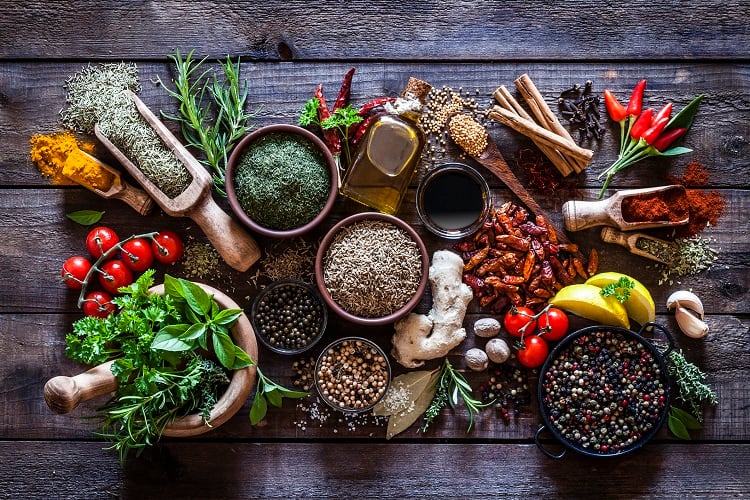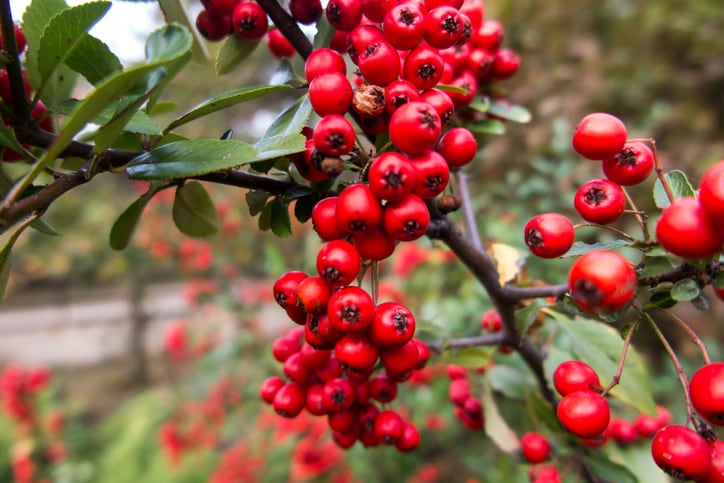Botanicals are widely used by European consumers. It is estimated close to 20% of Europeans use at least one form of botanical food supplement a day.
Increasingly, food and beverage makers are also integrating botanicals into their product formulations. “We are witnessing an increase in botanical food supplement consumption,” a SAFE spokesperson told FoodNavigator.
“This uptake can be justified by a rise in alternative diets, such as vegetarianism and veganism, [as well as] a new approach towards health where consumers no longer focus solely on the absence of illness, but seek to prevent illness and increase their wellbeing by seeking tools that can help support a healthy lifestyle.”
However, according to SAFE, concerns as to the safety and accuracy of health claims featured on labels are on the rise. The #KnowYourBotanicals campaign, led by Safe Food Advocacy Europe (SAFE), is addressing these concerns by calling for a harmonised, EU-wide approach to labelling and assessment of botanicals.
Health claim evaluations ‘on hold’
The campaign responds to the more than 2,000 botanical health claims pending evaluation. The European Commission has put these claims on hold, explained SAFE secretary general Floriana Cimmarusti.
“While trying to have the same health claims for all Member States, the Commission put ‘on hold’ and suspended the evaluation of over 2,000 of those claims, that are still used nowadays by producers following every time a different approach.
“The lack of harmonisation also creates confusion for consumers in understanding whether what they are buying is considered a food or medicine or both.”
For SAFE, this is the main issue: that the current framework has no harmonised approach for the labelling and assessment of botanicals.
“They are dependent on both EU and national law, leading to disparate results in terms of qualification (i.e. botanicals can be considered as food supplements in one country and as medicine in others),” the spokesperson told this publication.
According to the advocacy group, assessment of associated health claims is ‘also blurry’. “Therefore, the current situation risks exposing consumers to unsubstantiated claims and is likely to create confusion as to what they are purchasing.”
‘Quality information is essential’
SAFE is urging policymakers to create a tailored risk assessment based on appropriate methodologies to ensure health claims are respecting consumers’ expectations on botanical food supplements.
Harmonised and ‘reliable’ information on botanicals can help consumers make informed consumption choices that best match their individual health needs, noted Cimmarusti.
“Quality information is essential in achieving the healthy food environments ambitioned by the Farm to Fork Strategy. As we like to say at SAFE, without information, there is no choice.”




